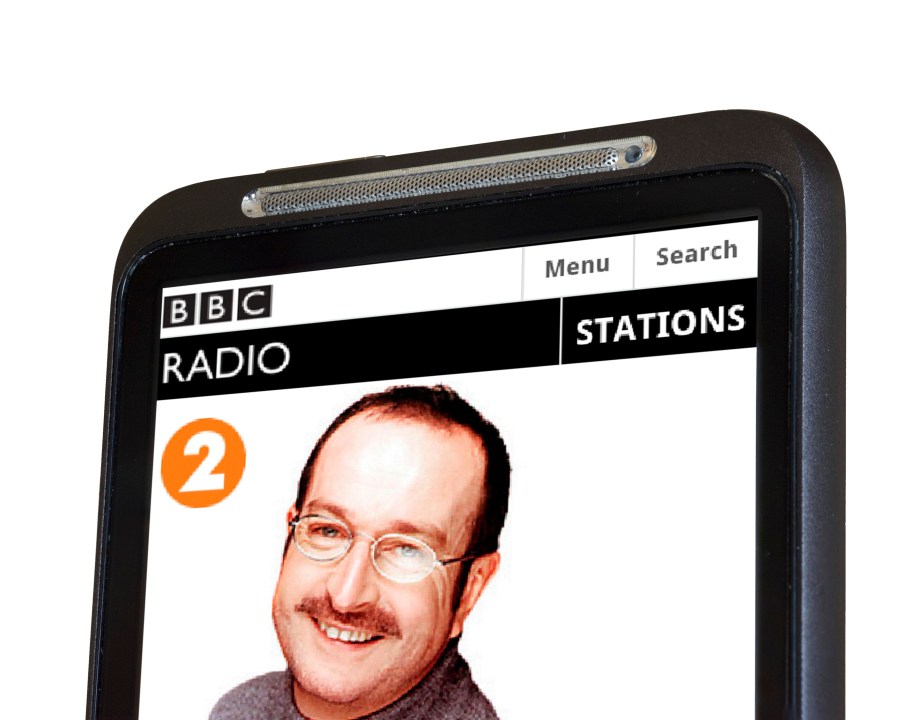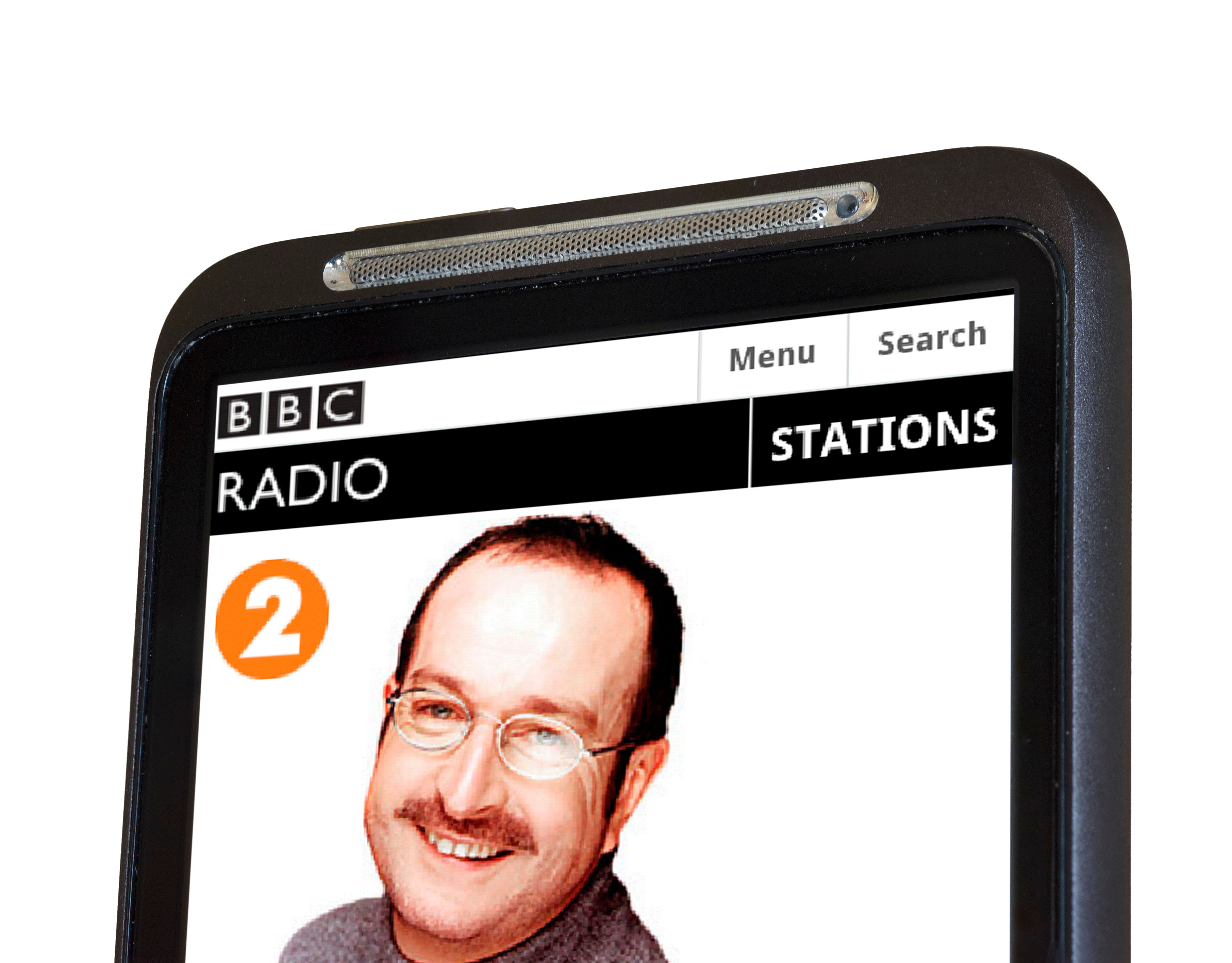Radio is my favourite medium. Always has been. It doesn’t shout ‘Look at me! Look at me!’ in the way newspapers and screens do. Radio informs and entertains as you drive a car, paint a ceiling or perform open-heart surgery. And there was no finer, more creative and more enduring radio entertainer than Steve Wright, who died on Monday.
His afternoon show made Radio 1 in the 1980s. When Wright moved to Radio 2 in the late 1990s, it was a stroke of genius by the station’s then controller Jim Moir, reviving Steve’s – and Radio 2’s – anarchic glory. There, The Big Show remained a hugely popular and always evolving stalwart of the schedule.
One wonders what Tim Davie, the director general of the BBC, will make of all this
That was until the current controller, Helen Thomas, made one of the Corporation’s most egregious errors of recent years: she axed Steve Wright. It wasn’t the first time she’d applied her ‘if it ain’t broke, break it’ approach to Radio 2. She’d already overseen the departures of Ken Bruce and Simon Mayo and watched them take their listeners with them. Though there was something particularly cruel about axing Steve Wright. Reacting to his death, she issued a disingenuous and onion-eyed tribute in which she described the man who’s job she’d scrapped as ‘second to none’.
It was an odd comment. She had clearly regarded him as second to Scott Mills, otherwise why hand Steve’s slot to such a bland replacement?
Countless friends and fans have already paid tribute to his unique talent and dedication to his craft. Much has also been written about how his show was his life and about the care he took to do the best possible work for his listeners. My old friend Danny Baker, another brilliant broadcaster for whom the BBC ruthlessly sharpened its scythe, put it perfectly:
Ninety-five per cent of the people on the radio are just that – on the radio. To work the radio, to master and elevate radio, play with and extend the possibilities of radio, swoop and soar with the medium. That’s the trick. Steve Wright knew that. Steve Wright did that.
Which is why the whole country listened to his show. No programme on British radio was more unifying, welcoming or broader in its appeal. If you wanted to find the most authentic and diverse cross-section of the UK population, you’d find them listening to Steve Wright in The Afternoon. So why would Radio 2 want to wreck that? The excuse trotted out was that they were trying to attract a younger audience. That audience, however, didn’t seem particularly interested in being attracted, as is evident from the huge drop in listeners.
Does anyone honestly think that Vernon Kay was an improvement on Ken Bruce? Is Sara Cox as good as Simon Mayo? I think we all know the answer. Bruce and Mayo are now on commercial radio but their new shows are pale imitations of their old ones. Commercial radio is the most uniform and tightly controlled sector of entertainment. Woe betide any presenters who chooses not to play exactly what they’re told to play. Paul Gambaccini once said of commercial radio: ‘They want your name but they don’t want you’. I think that’s about right.
Steve Wright was smart enough to know this, which is why he stuck with the BBC, even when he was demoted from six days a week to one. He kept faith in the Corporation because, with fewer commercial imperatives, it can still employ inventive, freewheeling broadcasters if they wanted to. Except they don’t. Certainly not on Radio 2. There was always the sense that Steve thought he might be called upon once again to enliven our afternoons. That never happened. One close friend described the consequences of that decision: Steve died alone, ‘of a broken heart’.
One wonders what Tim Davie, the director general of the BBC, will make of all this. He’s a smart operator and, after a career in marketing and advertising, I’m sure he’ll be dismayed by the damage Helen Thomas has done to Radio 2. He once interviewed me for a job and although I don’t know him all that well, I reckon he won’t have been impressed with the unnecessary loss of successful presenters, the type whom listeners loved and paid for. Perhaps he’ll finally stick up for the listeners – those of us who loved Steve – given that they pay his wages too.







Comments